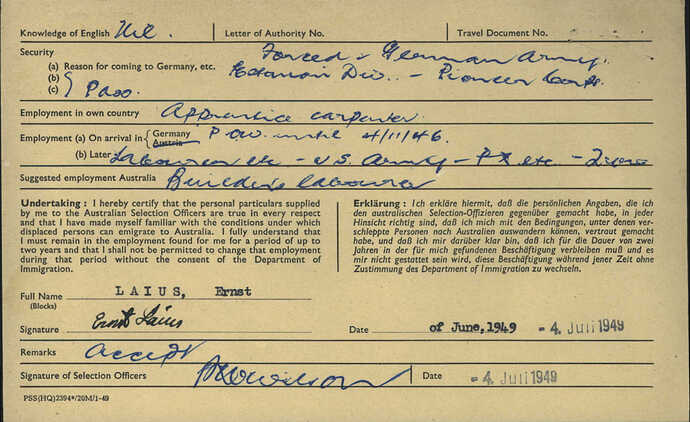Australia was nowhere near bankrupt at the end of WWII. It had to manage change from a war time to peace time economy, but it wasn’t saddled with huge debts like Britain with its Lend Lease debt to the US.
Churchill complained around 1942-43 (can’t recall date) that Australia was profiting from selling primary production goods to the UK, which was true.
Rationing in Australia ended in 1948, and would have ended much earlier if Australia had not been diverting food to Britain after the war.
When the war ended in August 1945, rationing was only gradually phased out as Australia continued to support Britain with food parcels and exports for a number of years.
Sugar rationing, for instance, was finally abandoned in July 1947. A major increase in the world production of sugar meant that Britain no longer depended on Australian supplies.
The meat situation was quite different. In Britain the meat ration had been further reduced and in an effort to support the British public, the Australian Government maintained meat rationing and price controls until 1948.
http://www.diggerhistory.info/pages-food/rationing.htm
Rationing in Britain ended in 1954, but part of the reason for that was Britain supporting British occupation troops and people in other nations outside Britain as part of post-war occupation and reconstruction.
This man was fairly typical of a lot of post-war immigrants to Australia, from all parts of Europe. http://www.australia.gov.au/about-australia/australian-story/changing-face-of-modern-australia-1950s-to-1970s
They wanted a better life and built a better Australia, in many ways. http://www.migrationheritage.nsw.gov.au/exhibition/newaustralia/displaced-persons-assisted-immigration/
It wasn’t unusual to have former enemies working on the same site, and getting along together or at least not converting their past enmities into conflict. I worked with a German Heer Stalingrad veteran on a building site in the 1960s, along with Yugoslavs of various varieties (Croat, Serb, sundry others), Poles and who knows what as they couldn’t speak English too well.
We got our share of former Nazis and the like from various parts of Europe, but it seems that they may have been increasingly favoured by our ultra-conservative intelligence services as the Cold War intensified.

